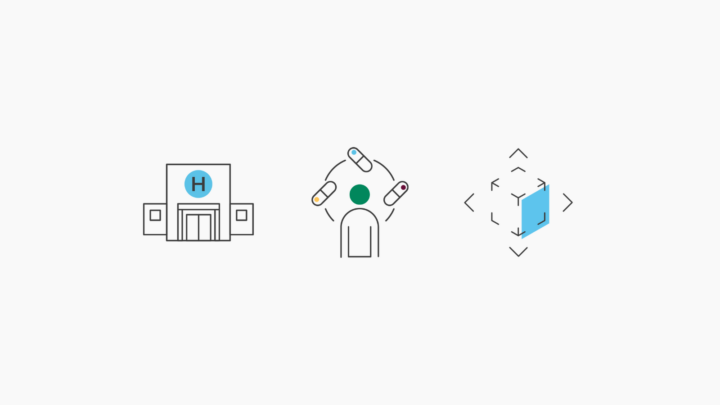New content on healthcare improvement approaches

Simulation as an Improvement Technique

Simulation has historically been employed as an educational technique in healthcare, but is rapidly evolving as an approach for healthcare improvement. It can be used to explore working environments, and the practices and behaviours of those who work in them. It can also be used to improve clinical performance and outcomes, test planned interventions and infrastructural changes, and help professionals learn about and embed a culture of improvement.
In their Element on simulation as an improvement technique, Victoria Brazil, Eve Purdy, and Komal Bajaj discuss the challenges of using simulation in this way, including the lack of connection between the simulation and improvement fields.
Reducing Overuse

Overuse involves the oversupply of healthcare interventions beyond the needs of the population. This includes diagnoses and treatment interventions that have negligible or no benefit, and may cause harm, to particular groups of patients. Overuse has become a major issue of healthcare quality, safety, and sustainability around the world. But much work to date has focused on identifying overuse rather than examining potential solutions to combat it.
In their Element on reducing overuse, Caroline Cupit, Carolyn Tarrant, and Natalie Armstrong highlight successes and promising approaches but also the challenges in generating and using evidence to address overuse.
Workplace Conditions

Aspects of the working environment may thwart or support healthcare improvement in practice. In their Element on workplace conditions, Jill Maben, Jane Ball, and Amy C. Edmondson review the evidence for the three workplace conditions that are essential for improvement: the right number of staff and skills, psychological safety, and staff health and wellbeing.
They explore the role of these conditions in quality, safety, and enabling improvement, and recommend that frontline staff are given the time and resources to embed healthcare improvement into their day-to-day work.
What can you expect from the series?
The series brings together critical evidence-based overviews of a diverse range of healthcare improvement approaches.
Cambridge University Press is publishing new collections regularly. Overviews published earlier in the series focused on:
- the positive deviance approach
- co-producing and co-designing
- collaboration-based approaches
- making culture change happen
- operational research approaches
- implementation science.
We have worked with over 60 leading academic and clinical experts from over 40 organisations in the UK, Canada, France, Australia, and the USA in producing the series.
Aimed at researchers, people involved in training on healthcare improvement, and those interested in understanding current debates, the series explores the thinking behind a wide range of improvement approaches, examines evidence for each approach, and identifies gaps and challenges.